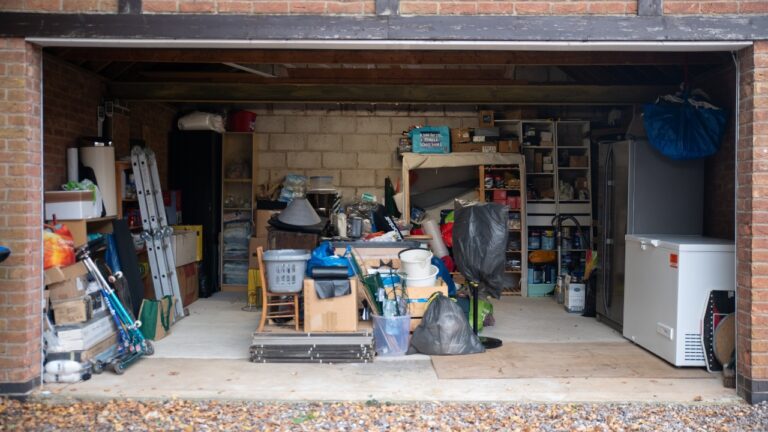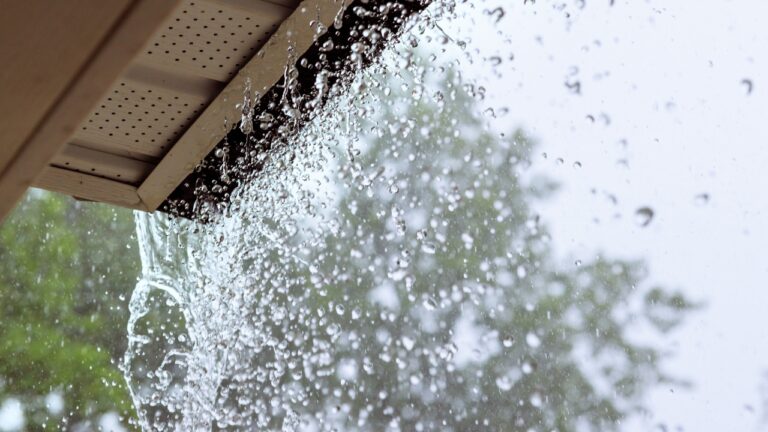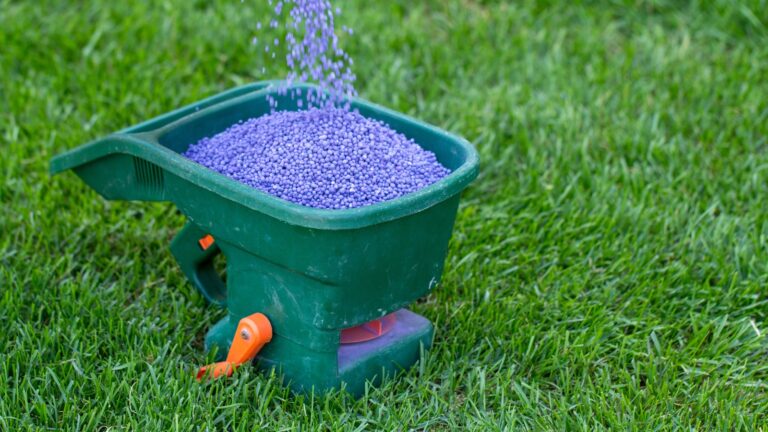Why your first year on land will be harder than you expect
Everyone dreams of moving to the country and slowing down. You picture quiet mornings, room to spread out, and a sense of freedom you can’t get in town.
But what most people don’t realize is that your first year on land won’t feel peaceful—it’ll feel like starting over from scratch. Everything takes longer, costs more, and teaches lessons you didn’t even know you needed to learn.
That doesn’t mean it’s not worth it—it absolutely is. But if you’re preparing for that first year, it helps to know what’s coming so you don’t feel blindsided when the hard parts hit.
You’ll underestimate how much work it takes
It’s easy to look at raw land and think you’ll clear it in a few weekends or have everything “set up” by summer. The reality is, nothing goes as quickly as planned. Clearing brush, grading driveways, running water or electric—all of it takes time, energy, and coordination.
You’ll spend more hours than you expect digging, hauling, and learning how to do things you’ve never done before. That’s not failure—it’s part of learning the land. Every project teaches you something for the next one.
The expenses don’t stop after you buy the land
A lot of people think once the property’s paid for, the hard part’s over. But the real spending starts afterward. Tools, fencing, gravel, septic, equipment repairs—they all add up faster than you’d like to admit.
Even the small stuff adds up: fuel for mowers, replacement hoses, buckets, tarps, gloves. You’ll go to the hardware store more in one month than you did in the past five years combined. Budget more than you think you’ll need, and you’ll still probably run short the first year.
Weather will run the show
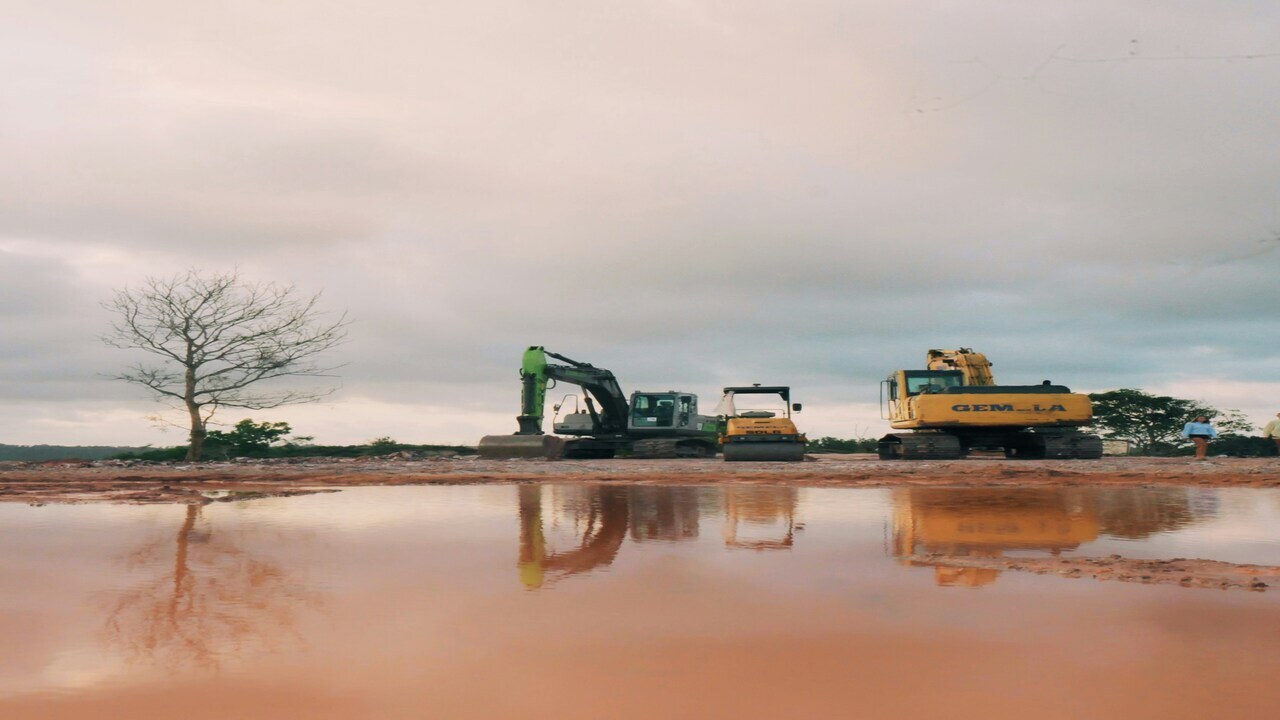
You can plan all you want, but nature gets the final say. Rain washes out roads, freezes break pipes, and wind takes down whatever wasn’t secured tight enough. Your work schedule will end up revolving around the weather whether you want it to or not.
At first, that feels frustrating—especially if you came from a world where deadlines mattered. But eventually, you learn to work with the weather instead of fighting it. That shift changes everything.
Everything takes longer than it should
Driving into town for parts might take an hour round-trip. Waiting for contractors could take weeks. Even basic chores—like mowing, hauling trash, or fixing something—take longer when everything’s spread out.
You’ll have days where you spend half your time gathering the tools you need and the other half finding where you set them down. It’s slower living, but not the kind people picture when they say “the simple life.”
Your body will feel it
If you’re used to an office job or suburban routine, the physical work hits hard. Lifting, hauling, bending, and being on your feet all day will wear you out. You’ll end most days sore, sweaty, and exhausted—but also oddly proud.
It takes a few months to build stamina, and during that time, you’ll question whether you’re cut out for it. You are—you just haven’t adjusted yet. The strength comes faster than you think.
You’ll be humbled by how much you don’t know
Living on land exposes every gap in your knowledge. Plumbing, electrical, soil management, animal care—you’ll be Googling more than you ever have in your life. And you’ll still get things wrong.
That’s normal. No one starts knowing how to manage property. You learn through mistakes, small wins, and the occasional “well, won’t do that again.” Every misstep becomes part of your education.
Loneliness can sneak up on you
The quiet feels amazing at first. But after a few months, the silence can start to feel heavy. You might miss neighbors, restaurants, or even the small conveniences you never thought you’d care about.
You have to be intentional about connection—whether that’s checking in with friends, meeting locals, or joining small-town events. Isolation can creep up faster than you expect if you don’t stay grounded in community.
Your plans will change more than once
You’ll arrive with a plan for where the house goes, where the animals will stay, or how you’ll use each section of land. A year later, half of those plans will have changed. You’ll realize the low spot floods every spring, or the soil’s too rocky for a garden, or that you prefer a different view than you thought you would.
That’s part of learning the property. The land teaches you where things belong if you pay attention. Don’t fight those lessons—adapt to them.
The first year tests your patience
Nothing about this lifestyle is instant. You’ll wait for deliveries, deal with broken equipment, and juggle half-finished projects for months at a time. There will be moments where you wonder what you got yourself into.
But patience is one of the most valuable skills you’ll develop. The more you slow down and take things as they come, the more manageable everything feels.
You’ll look back and realize how far you’ve come
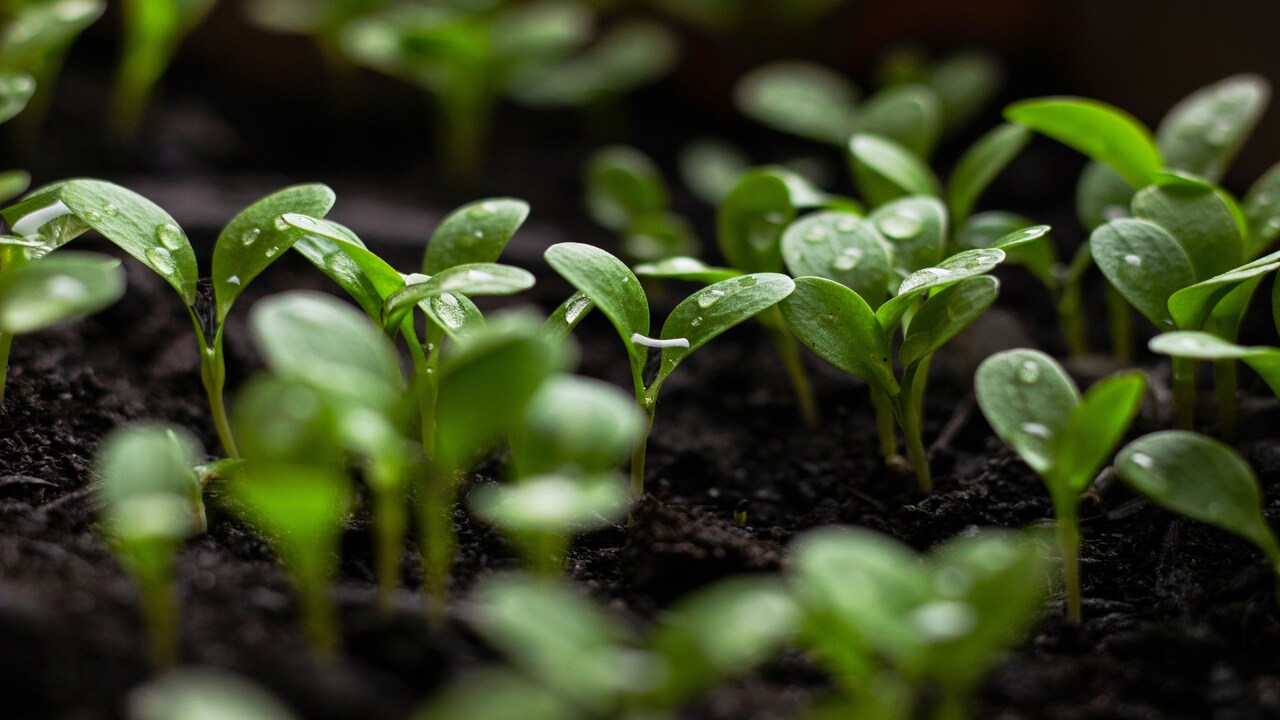
By the end of that first year, you’ll be tired—but proud. The fences won’t all be built, the garden might be half thriving and half weeds, and the driveway may still wash out when it rains—but you’ll see progress everywhere you look.
You’ll start noticing how your land has shaped you as much as you’ve shaped it. The first year is hard because it forces you to adjust—to slow down, work smarter, and let go of control. But once you make it through, you’ll never want to go back. The hard parts fade, but the satisfaction of building a life on your own land doesn’t.
Like Fix It Homestead’s content? Be sure to follow us.
- I made Joanna Gaines’s Friendsgiving casserole and here is what I would keep
- Pump Shotguns That Jam the Moment You Actually Need Them
- The First 5 Things Guests Notice About Your Living Room at Christmas
- What Caliber Works Best for Groundhogs, Armadillos, and Other Digging Pests?
- Rifles worth keeping by the back door on any rural property
*This article was developed with AI-powered tools and has been carefully reviewed by our editors.


